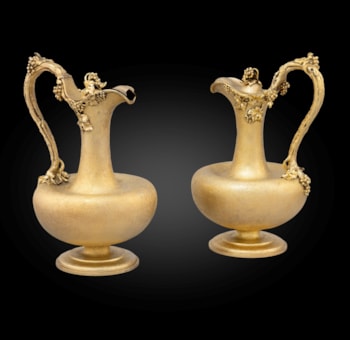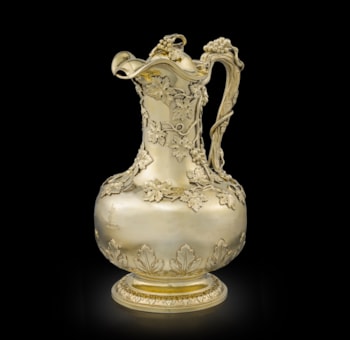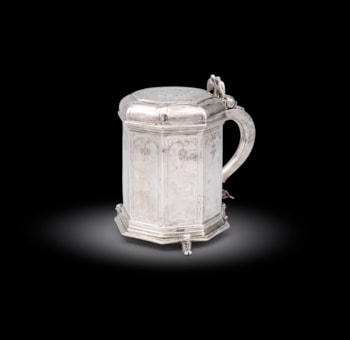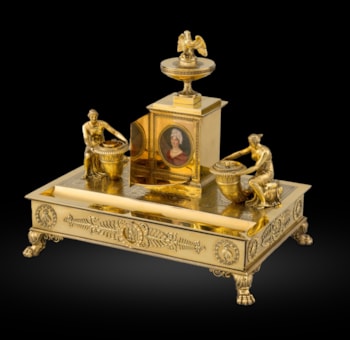In March 1861 among the immediate tasks facing Republican President Abraham Lincoln was to keep the United States together. This he failed to do and on 12 April of that year when the southern states attacked Fort Sumter in South Carolina and then seceded from the Union, civil war became inevitable.
There were many reasons for the conflict but the most significant was the future status of the institution of slavery. The four-year war caused political, economic, social and military upheaval, the effects of which would be long felt. The conflict had immediate consequences for all parts of the Union administration including the foreign service where diplomats and consuls became crucial figures. In Ireland, consuls and their offices became important listening posts for local opinions on the conflict. Temporarily, they also encouraged British neutrality. Ultimately, they acquired new duties providing intelligence and information on any unusual movements on land or at sea, recruited for the Union army under the guise of promoting emigration ensuring that the Confederate government did not gain any advantage. The Union consuls based in Ireland during the Civil War played their part in the subsequent victory.
The effectiveness of consular activity can only be measured by examining the consul's imprint on the district they attended to. Until the end of the nineteenth century, American political leaders were more concerned with state-building, the national project, and regional affairs than with global affairs. Nonetheless, the State Department was determined to secure representation wherever possible which contributed, along with patronage, to the development of a haphazard, amateur service in Ireland as elsewhere. Yet, at the most basic level of engagement, consuls in Ireland always saw themselves representing the new republic and upholding its core values.
You May Also Like










































































